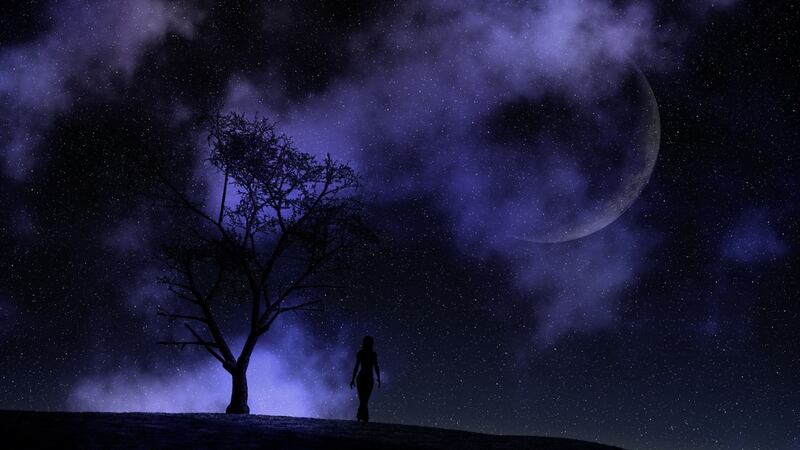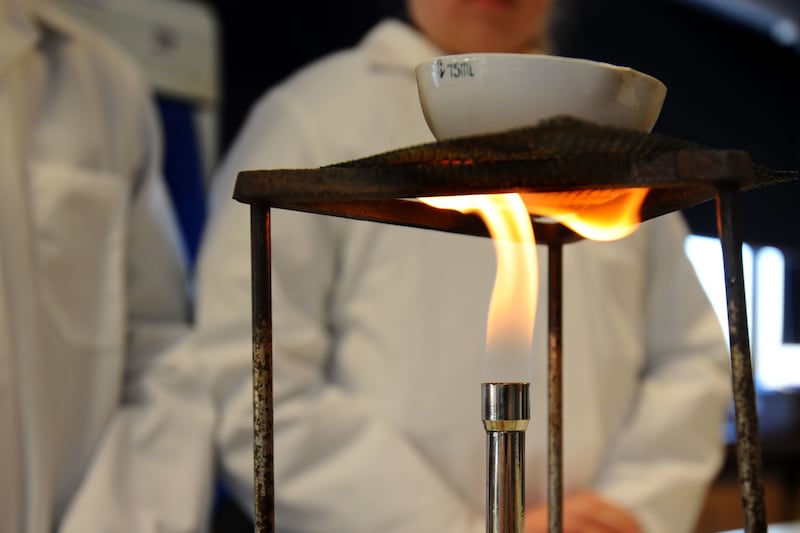Nasa has created a playlist of spooky sounds from space by transforming radio emissions into sound waves.
They include the roar of Jupiter captured by the Juno spacecraft and sounds from Saturn recorded via the Cassini spacecraft, which ended its mission early this year by tumbling into the planet’s atmosphere.
The results have been shared on the space agency’s SoundCloud account as it gets into the Halloween spirit.
“In time for Halloween, we’ve put together a compilation of elusive ‘sounds’ of howling planets and whistling helium that is sure to make your skin crawl,” said a Nasa spokesman.
The 22 tracks include sounds fashioned out of data from Saturn and Jupiter plus Jupiter’s largest moon, Ganymede.
In some cases, radio signals are translated into sound to better understand the signals in a move called data sonification.
Juno and the ‘roar’ of Jupiter
As Nasa’s Juno spacecraft crossed the boundary of Jupiter’s immense magnetic field, its waves instrument recorded the encounter with the bow shock over the course of about two hours on June 24 2016.
Sounds of Saturn
Saturn is a source of intense radio emissions which were monitored by the Cassini spacecraft during its 13-year mission. The radio waves are closely related to the auroras near the poles of the planet.
Sounds of a comet encounter
This dates from Valentine’s Day 2011 when Nasa’s stardust spacecraft completed a fly-by of comet Tempel 1. An instrument on the protective shield was pelted by dust particles and small rocks, as can be heard.
Whistler Waves
Whistler Waves sound like a ready-made alien shooting scene in a video game. They were heard by the EMFISIS instrument on board Nasa’s Van Allen Probes as it passed around the Earth.
Last week, former Nasa astronaut Scott Kelly described the “distinct smell” of space during a Twitter Q&A.
He likened the aroma to “burning metal or welding, or maybe a sparkler you might use on a holiday”.








